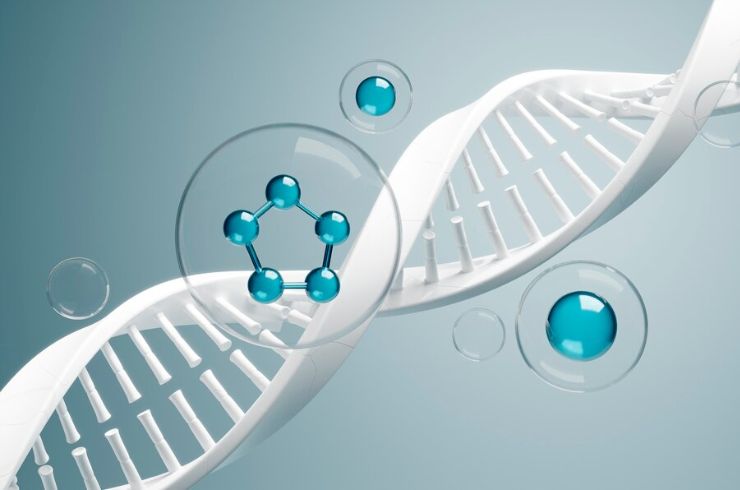HORMONAL IMBALANCE IN MEN AND WOMEN
Hormonal imbalances can occur in both men and women and can be caused by various factors, including genetic predisposition, lifestyle choices, and medical conditions. Understanding the causes and symptoms of hormonal imbalance can help individuals seek timely medical attention and receive effective treatment.
Women
Men
At EH Care, treatments are completely non-surgical and use the power of natural plant extracts. These plant-based solutions are safe, gentle, and free from harmful side effects. The therapy focuses on healing from within, offering a healthier and more balanced way to treat health problems. Every treatment is carefully designed to support the body’s natural recovery process. With no use of chemicals or surgery, EH Care provides a soothing and effective path to long-lasting wellness.
Hormonal imbalances can affect both men and women and can be caused by a variety of factors. Recognizing the symptoms and seeking medical attention can help individuals receive effective treatment and improve their quality of life. Consult a healthcare professional to determine the best course of treatment and develop a personalized plan for hormone regulation.
